Tags

Today is the feast day of St Pope Leo the Great. As we have had some excellent posts recently on the themes of authority and catholicity, this might be an opportunity to say something about the role of Leo the Great in the process of establishing the place of the Papacy in these matters.
It is easy (which is why it is ao often done) to assume that from the beginning the Papacy based itself on the Petrine verses in St. Matthew’s Gospel. The Eastern Orthodox like to point out that those claims were cast in terms of ‘primacy’; they are correct. But what did that much-disputed word mean to those who used it in the early Church? If we are to understand this, we need to understand something about Roman ideas of inheritance and authority – ideas which were shared across the whole Empire – including Constantinople.
St. Leo the Great made two main contributions to the developing understanding of what ‘primacy’ mean. The first amounts to an assertion that the past existed in the present, not just because he was Peter’s successor, but in the form of a direct and present link between the Apostle and the Pope. As he put it in his sermon on 19 September 443 (Sermon 3.4)
Regard him [Peter] as present in the lowliness of my person. Honour him. In him continues to reside the responsibility for all shepherds, along with the protection of the sheep entrusted to them. His dignity does not fade even in an unworthy heir.’
This is what Leo understood by the saying of the Chalcedonian Fathers: ‘Peter has spoken through Leo. (See here also W. Ullmann, ‘Leo I and the Theme of Papal Primacy’, Journal of Theological Studies 1960, pp. 26-28).
Under Roman jurisprudence, a person was supposed to be present in his legal representative, even as the deceased was in his heir. The same jurisprudence was present in the eastern empire, so to argue that anyone in Constantinople would have been ignorant of this conception of what it meant for Leo to have said what he had said seems to strain credulity. Indeed, as K. Shatz puts it in Papal Primacy From Its Origins to the Present (1996), Leo made ‘the “church of tradition … into the church of the capital city that extends its laws to the whole world.’ (pp. 33-36 for the argument).
On this understanding the Pope was not simply Peter’s representative but his living successor – Peter spoke through him. Thus, Rome’s judgments and decrees were rendered universal because the Holy Apostle was understood to be present in Leo and in the system of justice he administered. As Leo put in in that same sermon on 19 September 443 (3.3):
Persevering in the fortitude he received, blessed Peter does not relinquish his government of the Church. He was ordained before the others so that, when he is called rock, declared foundation, installed as doorkeeper for the kingdom of heaven, appointed arbiter of binding and loosing (with his definitive judgments retaining forces even in heaven), we might know through the very mysteries of these appellations what sort of fellowship he had with Christ. He now manages the things entrusted to him more completely and effectively. He carries out every aspect of his duties and responsibilities in him and through him whom he has been glorified.
So, if we do anything correctly or judge anything correctly, if we obtain anything at all from the mercy of God through daily supplications, it comes about as the result of his works and merits. In this see his power lives on and his authority reigns supreme. This, dearly beloved, is what the confession has obtained [Matthew 16:18]. Since it was inspired by God the Father in the apostle’s heart, it has risen above all the uncertainties of human thinking and has received the strength of a rock that cannot be shaken by any pounding.
It is Peter’s presence that brings about the Christian universalism that Leo envisoned himself exercising. If we look at his letter to the bishops of Illyricium, 12 January 444, placing them under Anastasius, the bishop of Thessalonica, and telling them that serious disputes must be referred to Rome, we see him exercising that power of which his sermons spoke.
The primacy of Rome was not simply the result of Apostolic succession, or of inhertance from St. Peter, but of this very special relationship which ensured that Peter spoke through the Pope. As Leo says in a sermon given on 29 September: [Sermons 5.4]
our solemnity is not merely the apostolic dignity of the most blessed Peter. He does not cease to preside over his see but unfailingly maintains that fellowship which he has with the eternal Priest. That stability which he received from Christ the rock (by having himself been made ‘rock’) has poured over onto his heirs as well. Whenever there is any show of firmness, it is undoubtedly the shepherd’s fortitude that appears.
Leo’s views are set out in fuller form in a sermon preached on 29 June 443 (Sermon 83.1) in which he makes it clear that since Peter exercises the Lord’s power on His behalf, so too does the Pope exercise the powers of Christ Himself, as Peter speaks through him.
This is not a claim made by any other Bishop. It was made in public by Leo in his sermons and letters, and it was based firmly upon Scripture, patristic testimony and the common law of the Empire. Leo deserves to be called ‘the Great’, not only for what he did in his time as Pope, but also for the rich legacy he left us. His sermons are well worth acquainting yourselves with.

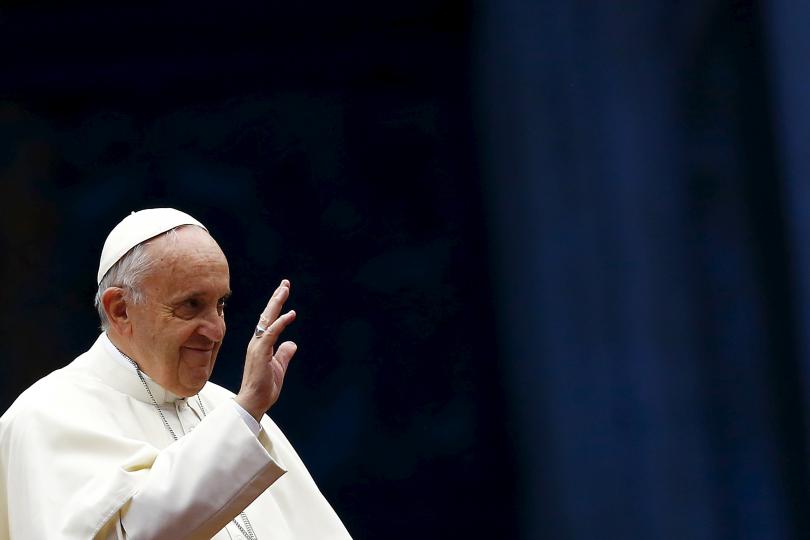
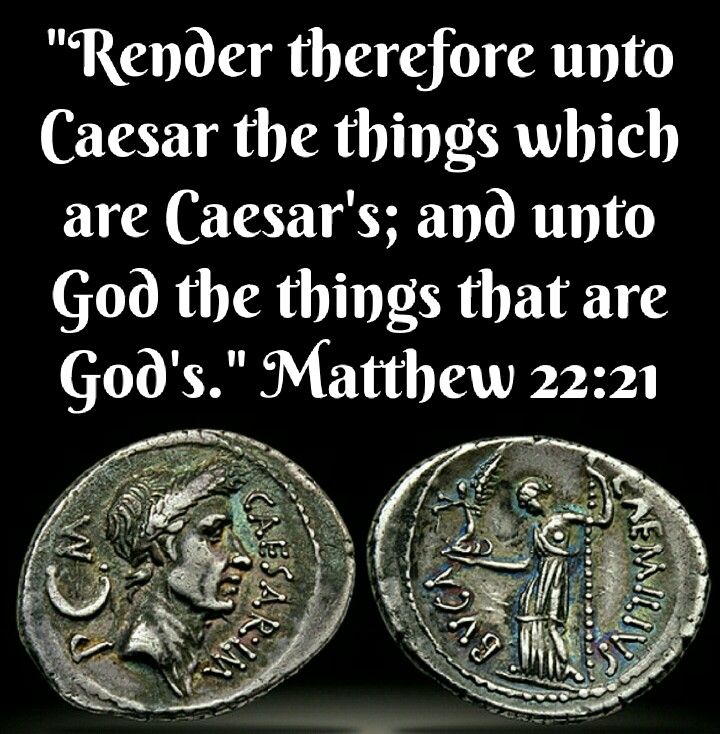
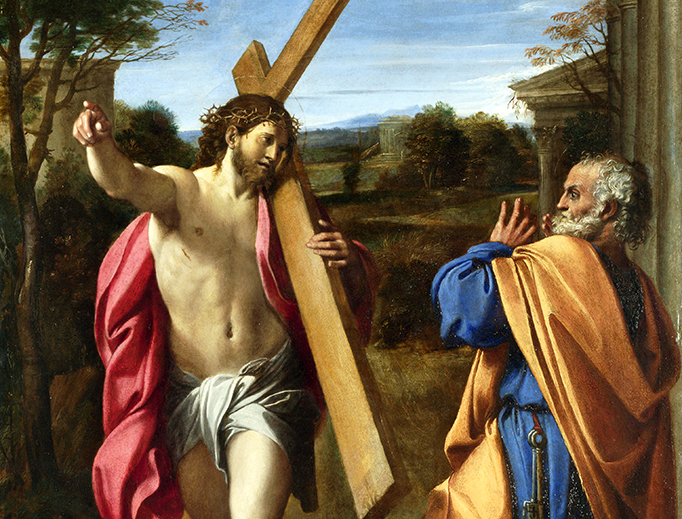
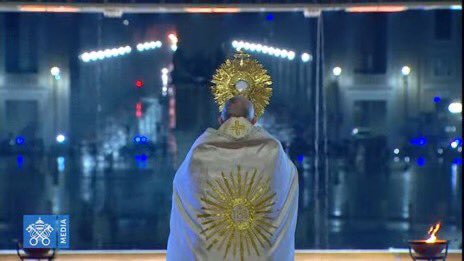
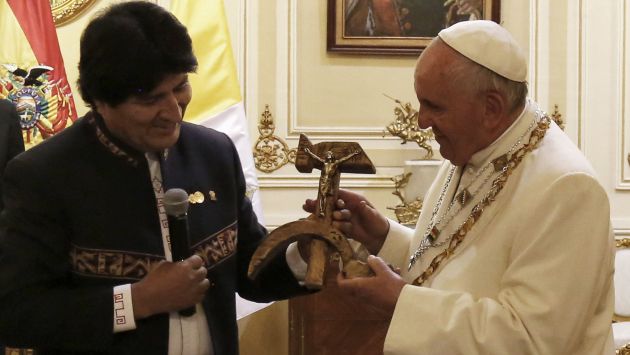
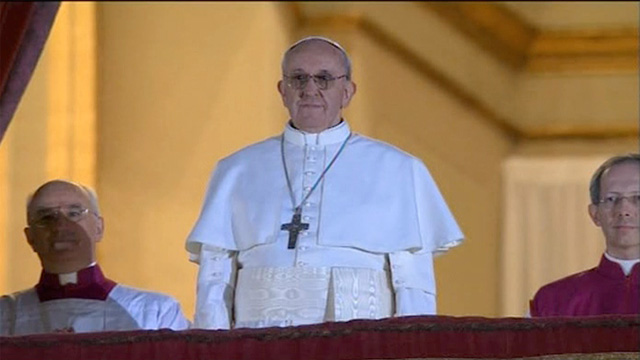
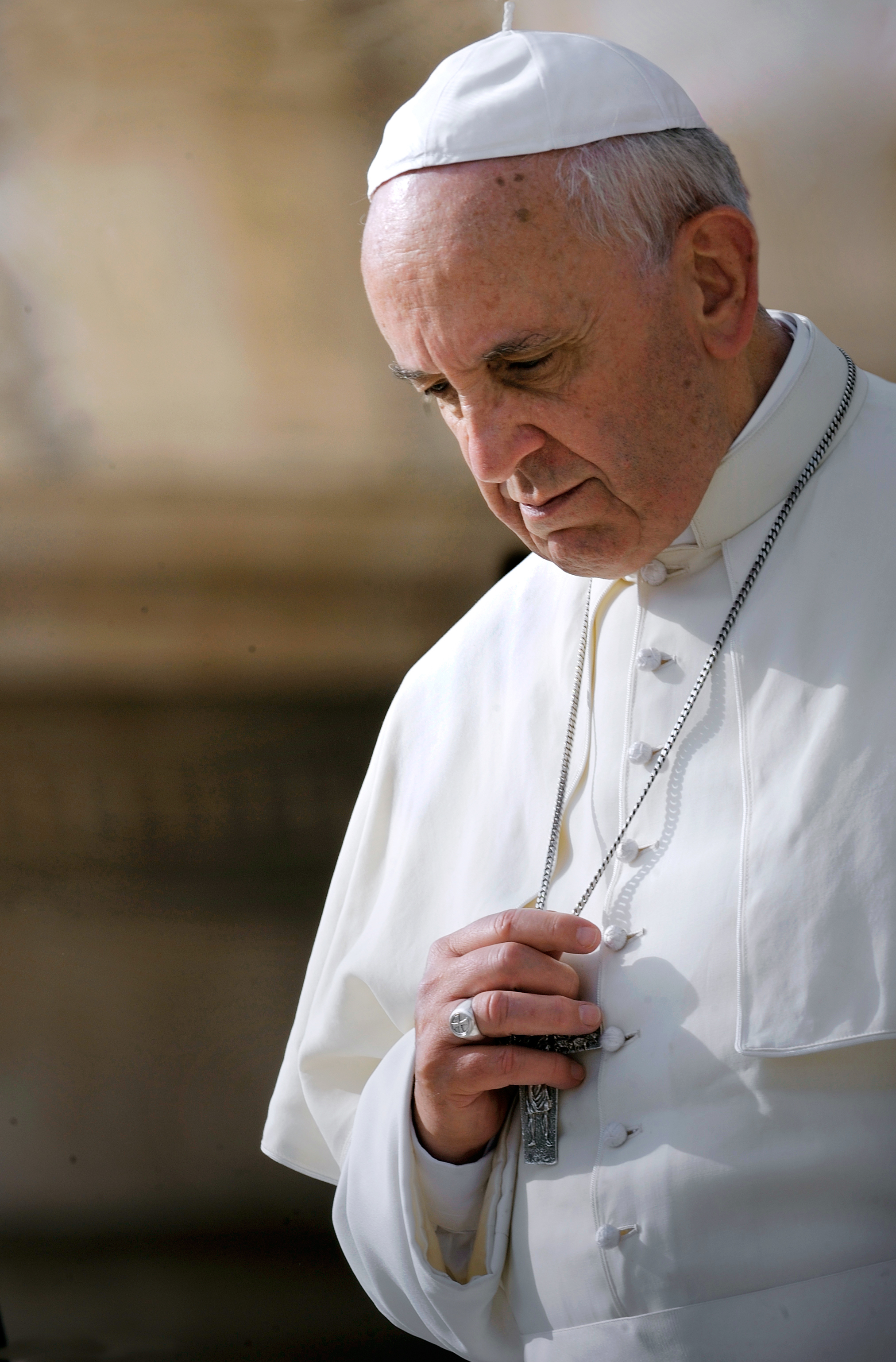


You must be logged in to post a comment.